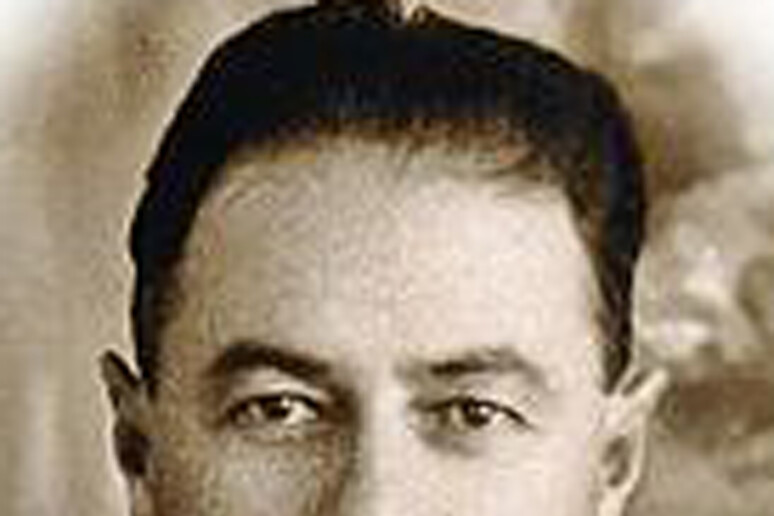The city of Bologna on Monday set a
stumbling stone in the pavement near the former home of Arpad
Weisz, a Hungarian who was Bologna FC's most successful ever
coach in the 1930s before being deported to Auschwitz where he
died with his family.
Weisz was the Rossoblus' tactician from 1935 to 1938 and forged
"the team that shook the world" winning two straight Serie A
titles in 1936 and 1937 and the Expo Trophy in Paris in 1937,
the Champions League of its time, beating even the champions of
then mighty England who had eschewed international competition
thereto, thinking themselves on a higher level.
Three other stones were laid on Holocaust Remembrance Day, a
short stone's throw from Bologna stadium, to also commemorate
Weisz's wife and two children, who preceded him to the gas
chambers two years before he died of starvation in 1944.
Weisz, who had previously given the great Giuseppe Meazza his
start as a 17-year-old at Ambrosiana-Inter, already has a stand
in the Dall'Ara ground named after him.
"We are commemorating one of the most successful people in the
history of Bologna and one of the greatest coaches and
innovators," said Bologna CEO Claudio Fenucci.
"He was a victim of the tragedy like many Jews and we have the
obligation to work, not only on Holocaust Remembrance Day, to
break down any wall and avoid new tragedies: sport unites and
must eliminate forms of discrimination and we must play an
educational role."
ALL RIGHTS RESERVED © Copyright ANSA











